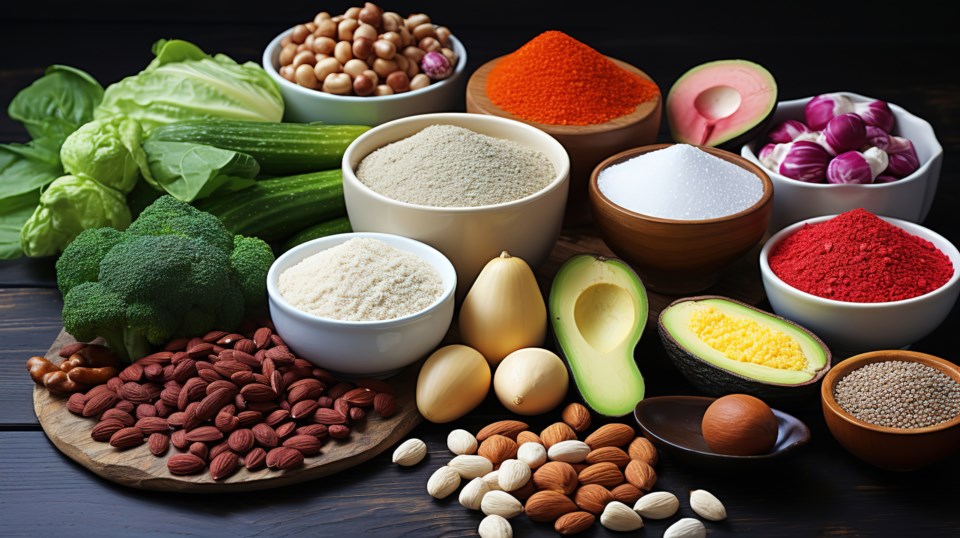Since we published this original article on magnesium, readers have had lots of follow-up questions. We thought we’d tackle a few of them here, so we can all get up to speed on the wonders of this hardworking mineral.
What is magnesium good for?
Magnesium is used by every organ in the body, especially the heart, muscles and kidneys. It contributes to the health of your teeth and bones. It builds proteins, activates enzymes and contributes to energy production. It even helps to regulate levels of other important nutrients in the body, such as calcium, copper, zinc, potassium, and vitamin D. The mineral works to regulate blood sugar, blood pressure, and muscle and nerve functions. It also acts like an electrical conductor, contracting muscles and making the heart beat steadily.

What food is highest in magnesium?
Most seeds are rich in magnesium, but pumpkin seeds seem to be a particularly powerful source, with 168 mg found in just a 1-ounce/28-gram serving. That’s 40% of your RDA! Next in line would be spinach; a 1-cup serving contains 158 mg of magnesium or 37% of your RDA.
There are lots of great ways to get more magnesium in your diet. Other great sources include:
- Dark chocolate
- Avocados
- Nuts
- Legumes
- Tofu
- Whole grains
- Fatty fish
- Bananas
- Leafy greens
Is it okay to take magnesium every day?
To prevent disease, eat a daily diet that includes some magnesium-rich foods; for most of us, this should suffice. If a physician determines from a blood test that you are magnesium-deficient, s/he will direct you to take a supplement.
According to the Harvard T.H. Chan School of Public Health, the Recommended Dietary Allowance for adults between the ages of 19 and 51 years is 400-420 daily for men and 310-320 mg for women. Pregnant women require between 350-360 mg daily and 310-320 mg while nursing.
What are the 10 signs of low magnesium?
1. You struggle to get through a workout—regularly
2. Your mental health is suffering
3. You experience muscle cramps, tremors or twitches
4. You feel tired all the time
5. You experience constipation frequently
6. You have high blood pressure
7. You eat a lot of meat and processed foods
8. You have trouble falling asleep
9. You have strong cravings for chocolate
10. You have an irregular heartbeat
(Information found at EatingWell.com.)
Does magnesium help you sleep?
Some studies have found that magnesium supplements can make it easier for you to fall asleep, improve the quality of your sleep, and reduce the symptoms of restless leg syndrome, which can interfere with your ability to get a good’s night sleep.
The issue is that the studies done have been small and the evidence is thin.
It’s important to be aware that magnesium supplements can interfere with certain medications. Don’t add them to your routine until you have spoken with your doctor.
If you are going to take a supplement, take it about 30 minutes before bedtime. Never take more than the recommended amount; it won’t help you sleep any better and may even cause stomach upset.
Who should not take magnesium?
Stay away from magnesium supplements if you have:
- Diabetes
- Intestinal disease
- Heart disease
- Chronic kidney disease
If you suspect you may be magnesium-deficient, see your family doctor. They can determine your current levels via a blood test and will decide whether supplementation is necessary.






